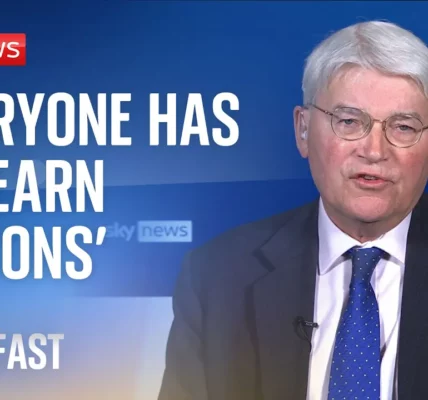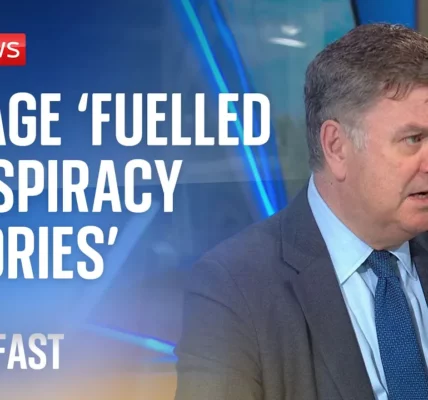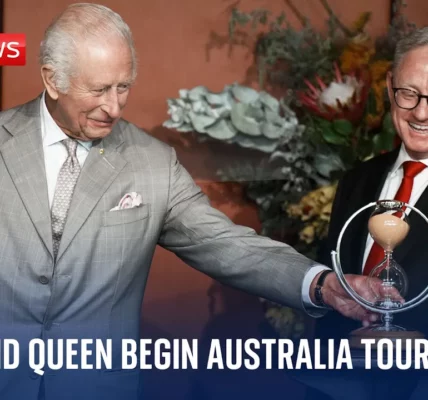Thomas Tuchel: England’s Hope for the 2026 World Cup Success

As Thomas Tuchel takes on the mantle of England’s football manager, the anticipation for the 2026 World Cup grows. This article delves into the challenges and expectations surrounding Tuchel, examining his strategies and the political climate influencing his journey.
Introduction
Thomas Tuchel, a name that resonates with football fans worldwide, is now at the helm of the England national team as they gear up for the 2026 World Cup. His managerial prowess, previously showcased in clubs across Germany and France, positions him as a formidable candidate to lead England to international glory. However, the path to success is fraught with challenges, from navigating the complexities of international tournaments to addressing the pressing socio-political issues that may affect team dynamics and public support.
The Legacy of Thomas Tuchel
Before joining the England squad, Tuchel built a reputation as a tactical mastermind. His coaching career includes impressive stints at major clubs:
- **Borussia Dortmund**: Where he won the DFB-Pokal and showcased his attacking style.
- **Paris Saint-Germain (PSG)**: Leading the team to multiple domestic titles and a Champions League final.
- **Chelsea**: Winning the UEFA Champions League within months of his appointment.
Each of these roles honed his ability to manage high-profile players and navigate the pressures of elite football, setting a strong foundation for his role with England.
Challenges Ahead for Tuchel
1. Team Dynamics and Player Selection
One of Tuchel’s primary challenges will be forming a cohesive unit from a pool of talented but diverse players. Factors influencing his selection process include:
- Player Form: Evaluating players’ performances in their respective clubs.
- Injury Management: Keeping key players healthy leading up to the tournament.
- Team Chemistry: Ensuring that players work well together on and off the pitch.
2. Navigating the Political Landscape
The political climate surrounding the 2026 World Cup is increasingly complex, with various issues potentially impacting team morale and public support:
- Public Sentiment: Engaging with fans and addressing their concerns about national pride.
- Media Scrutiny: Handling the intense media spotlight that comes with being England’s coach.
- Government Policies: Understanding how economic measures and policies may affect the sport.
Strategies for Success
1. Implementing a Tactical Framework
Tuchel is known for his flexible tactical approach. As he prepares for the World Cup, his strategy may involve:
- Adapting to Opponents: Utilizing video analysis to prepare for a range of playing styles.
- Focus on Youth Development: Integrating younger players to build a sustainable team for the future.
- Defensive Solidity: Ensuring a strong defensive unit to withstand high-pressure situations.
2. Building Team Morale
Creating a positive team environment is crucial. Tuchel could employ various strategies, including:
- Team-Building Activities: Encouraging camaraderie through off-field bonding.
- Open Communication: Fostering an environment where players feel comfortable voicing concerns.
- Setting Clear Goals: Establishing a shared vision for success at the World Cup.
Conclusion
As Thomas Tuchel embarks on his journey with the England national team, the expectations are high. His track record suggests he is more than capable of leading the team to success, but numerous challenges lie ahead. By effectively managing team dynamics, navigating the political landscape, and implementing strategic frameworks for success, Tuchel aims to guide England to a World Cup victory in 2026. For fans eager to see the outcome, the journey promises to be as thrilling as the destination. Stay tuned for updates on Tuchel’s progress and the team’s preparations.
For more insights on football management and upcoming tournaments, check out our related articles on Football Management Strategies and World Cup 2026 Predictions.
“`




